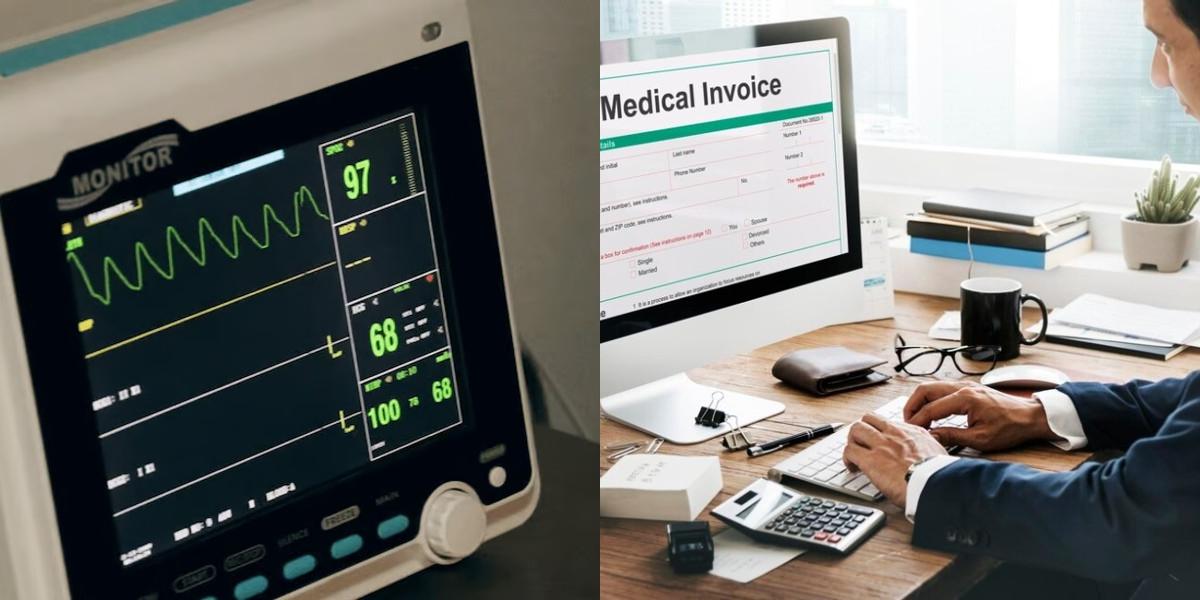EKG vs Medical Biller and Coder

In the field of healthcare, there are a variety of vocational training options available to students. Two popular choices are becoming an EKG technician or a medical biller and coder. Both of these career paths offer unique opportunities and challenges. In this blog post, we will explore the differences between these two professions and help you determine which one is the best fit for you.
EKG vs Medical Biller and Coder: Career Outlook and Salary
When considering a career path, it's important to evaluate the job outlook and potential salary. Here is an overview of the career outlook and average salaries for EKG technicians and medical billers and coders:
EKG Technician Career Outlook:
- The demand for EKG technicians is expected to grow by 10% from 2019 to 2029, which is faster than the average for all occupations.
- The aging population and increased prevalence of heart disease contribute to the need for EKG technicians.
- EKG technicians can find employment in hospitals, clinics, diagnostic laboratories, and other healthcare settings.
- The average annual salary for EKG technicians is around $58,000.
Medical Biller and Coder Career Outlook:
- The demand for medical billers and coders is expected to grow by 8% from 2019 to 2029, which is faster than the average for all occupations.
- The increasing complexity of healthcare regulations and the need for accurate billing and coding contribute to the demand for medical billers and coders.
- Medical billers and coders can find employment in hospitals, physician offices, insurance companies, and other healthcare organizations.
- The average annual salary for medical billers and coders is around $45,000.
Final Thoughts
Both EKG technicians and medical billers and coders play important roles in the healthcare industry. The choice between these two professions ultimately depends on your interests, skills, and career goals. Consider your preferences for patient interaction, technical skills, and paperwork responsibilities when making your decision.
If you enjoy working directly with patients and have a strong interest in cardiovascular health, becoming an EKG technician may be a great fit for you. On the other hand, if you have strong analytical skills and enjoy working behind the scenes, a career as a medical biller and coder may be more suitable.
Regardless of which path you choose, both professions offer stable job prospects and opportunities for growth. With the right education and training, you can embark on a rewarding career in the healthcare industry.
Dreambound extends its programs to various locations. Visit the suggested blogs to delve deeply into the intricate details of the two vocations, learning about their respective requirements and gaining valuable insights on how to kickstart your involvement:

Harold Roldan is a Growth team member at Dreambound. With a background in IT, he works with data and automation to improve team efficiency and workflows. He spends his free time playing musical instruments or studying data, computers, and technology.





